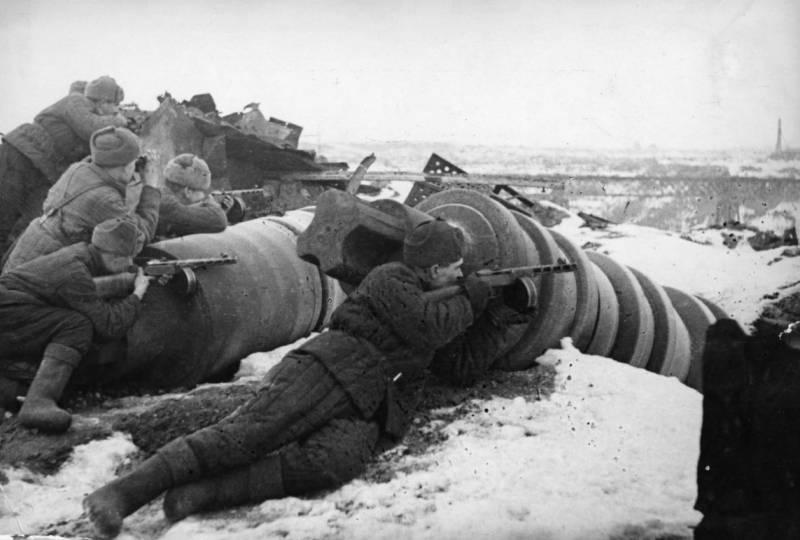Memoirs of the Red Army parliamentarians sent to Field Marshal Paulus with a proposal for surrender

At the end of December 1942, the fate of the 6th Wehrmacht Army near Stalingrad was already a foregone conclusion. At the same time, the Soviet command decided to give German soldiers and officers a chance to save their lives.
Colonel General Eremenko, commander of the Stalingrad Front, sent a radiogram to Field Marshal Paulus, in which the soldiers and officers of the Wehrmacht were guaranteed the preservation of life and even awards, as well as personal belongings in the event of surrender.
In response to the proposal of the command of the Red Army, the German commander issued a directive according to which even for talking about surrendering his soldiers would be threatened with execution. The Wehrmacht was determined to stand "to the death."
At the same time, despite the failure with the radiogram, the representative of the Headquarters of the Supreme High Command, Nikolai Voronov, and the commander of the Don Front, Konstantin Rokossovsky, signed a message to Paulus, which was supposed to be delivered by parliamentarians.
Major Alexander Smyslov and Captain Nikolai Dyatlenko were chosen to carry out an extremely risky mission.
The mission began at 8 am on January 8, 1943. The German side was warned about the sending of parliamentarians by means of a sound broadcasting installation.
Together with Smyslov and Dyatlenko, a trumpeter went to the location of the Wehrmacht.
As it appears in the memoirs of Soviet officers, they advanced to the front at about 10 am. At the same time, despite the fact that the German side was notified of the mission, with the approach of the truce to the positions of the Wehrmacht, the situation became more tense.
First, snipers began to work, who ignored the white flag and the constant sound notifications that the trumpeter made. Then machine gunners joined them.
In turn, according to the officers of the Red Army, when a couple of hundred meters remained before the positions of the Germans, artillery began to work.
- recall the Soviet parliamentarians.
As a result, the mission was not completed.
Meanwhile, on January 9, the Soviet command tried again. This time Smyslov and Dyatlenko managed to get to the German positions and deliver the letter to Paulus.
Two hours later it became known that the commander of the 6th Wehrmacht Army rejected the offer of surrender. At the same time, they were ordered to ensure the safe return of the parliamentarians.
From the memoirs of the Soviet military, it became known that while waiting for a response from Paulus, they started a conversation with German officers. We talked mainly about weapons and holidays.
- said Captain Dyatlenko about parting with a 24-year-old German officer.
Information